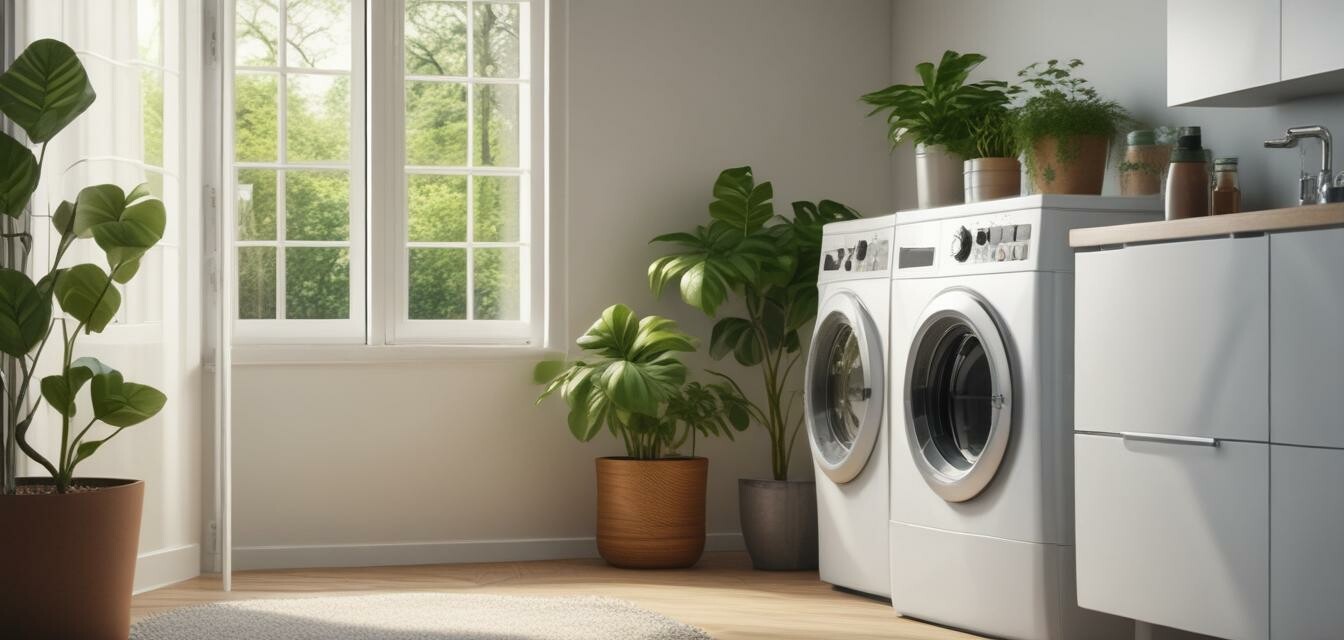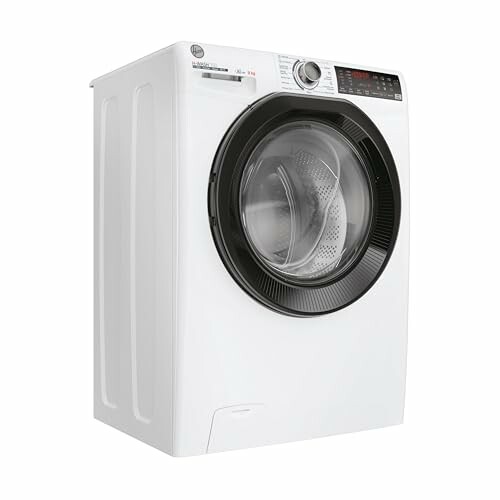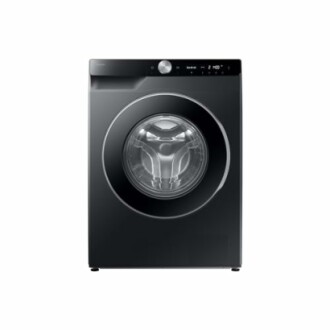
What to Know Before Upgrading to an Energy Efficient Washer
Key Takeaways
- Understand your washing needs to choose the right capacity.
- Familiarize yourself with energy-saving features and certifications.
- Consider installation and compatibility with your existing setup.
- Read reviews and compare models before making a decision.
- Look for warranty and customer service options.
Transitioning to an energy-efficient washing machine can significantly reduce your energy bills while also contributing to a greener planet. However, before you rush into a purchase, there are several key considerations to keep in mind to ensure that you pick the best model for your unique needs. This article will guide you through the essential factors that can influence your decision, making your purchasing process smooth and informed.
Why Choose Energy-Efficient Washers?
Energy-efficient washers are designed to use less water and energy without compromising on cleaning performance. Let's explore why upgrading to one can be beneficial:
- Reduced Utility Bills: Lower energy and water consumption leads to lower monthly bills.
- Better for the Environment: Using less water helps conserve resources and reduces your carbon footprint.
- Improved Technology: Many new models come with advanced features that enhance washing performance and ease of use.
Understanding Capacity Needs
Washing machines come in various capacities, typically ranging from 6 kg to 10 kg or more. It's essential to consider:
| Household Size | Recommended Washing Machine Capacity |
|---|---|
| 1-2 People | 6-7 kg |
| 3-4 People | 8 kg |
| 5 or More People | 9 kg+ |
Choosing the right capacity will not only cater to your household’s needs but is also key in maximizing efficiency.
Features to Look For
When selecting an energy-efficient washing machine, consider the following features:
- Energy Star Certification: Machines with Energy Star ratings indicate better energy efficiency.
- Inverter Technology: Inverter motors adjust energy consumption based on load, resulting in less power usage.
- Multiple Wash Settings: A variety of settings allows more tailored washes based on fabric type.
- Smart Technology: Wi-Fi connectivity and apps can greatly enhance convenience.
Comparing Popular Models
Here’s a comparison of two energy-efficient washing machines you might consider:
| Feature | Hoover H Wash 350 | Samsung Series 6 AI Energy |
|---|---|---|
| Capacity | 9 kg | 9 kg |
| Max RPM | 1400 RPM | 1400 RPM |
| Special Features | Inverter, High Efficiency | AI Energy Mode, Auto Dose |
| Weight | 64 kg | 67 kg |
Highlighted Products
Hoover H Wash 350 9kg 1400rpm Washing Machine
This washing machine features inverter technology and high efficiency, making it easy to use and great value for money.
Learn MoreSamsung Series 6 AI Energy + Auto Dose Washing Machine
With AI Energy Mode and SmartThings capability, this washer optimizes washing performance while saving energy.
Learn MoreInstallation Considerations
Ensure that the new washing machine fits your space and connection requirements:
- Check for adequate plumbing and electrical connections.
- Measure space dimensions to ensure a proper fit.
- Evaluate if you need any additional equipment for installation.
Warranty and Customer Support
When investing in a washer, always look for:
- A comprehensive warranty that covers parts and labor.
- Good customer service reviews from other users.
Final Thoughts
Upgrading to an energy-efficient washing machine can be a rewarding investment, both environmentally and financially. By considering your washing needs, prioritizing key features, and evaluating different models, you can make an educated decision that benefits your lifestyle and the planet.
Tips for Maintaining Your New Washer
- Run regular cleaning cycles as recommended by the manufacturer.
- Keep the door open to allow moisture to escape.
- Inspect and clean filters to ensure efficiency.
Further Resources
To dive deeper into energy-efficient appliances, explore our other articles:


